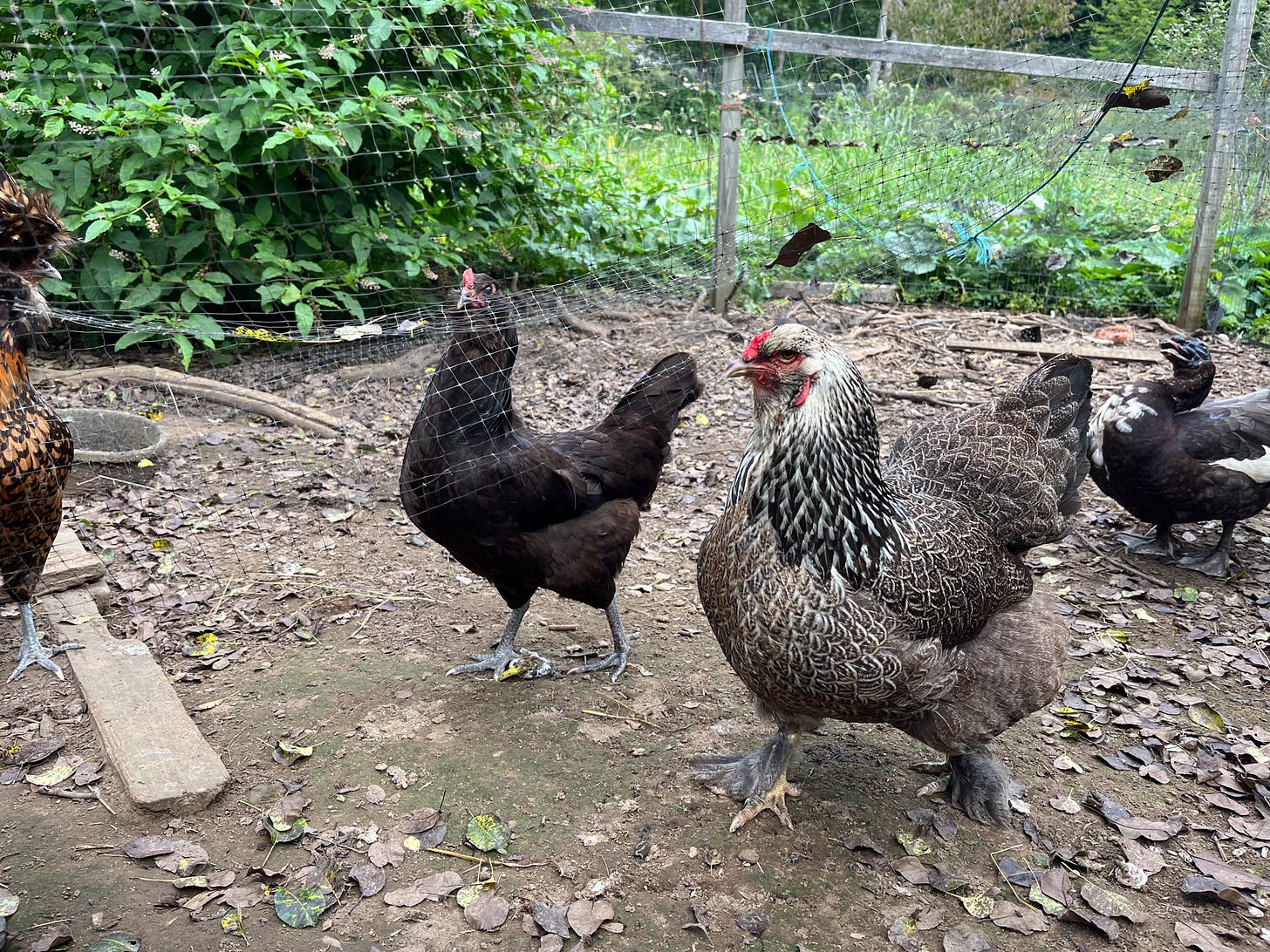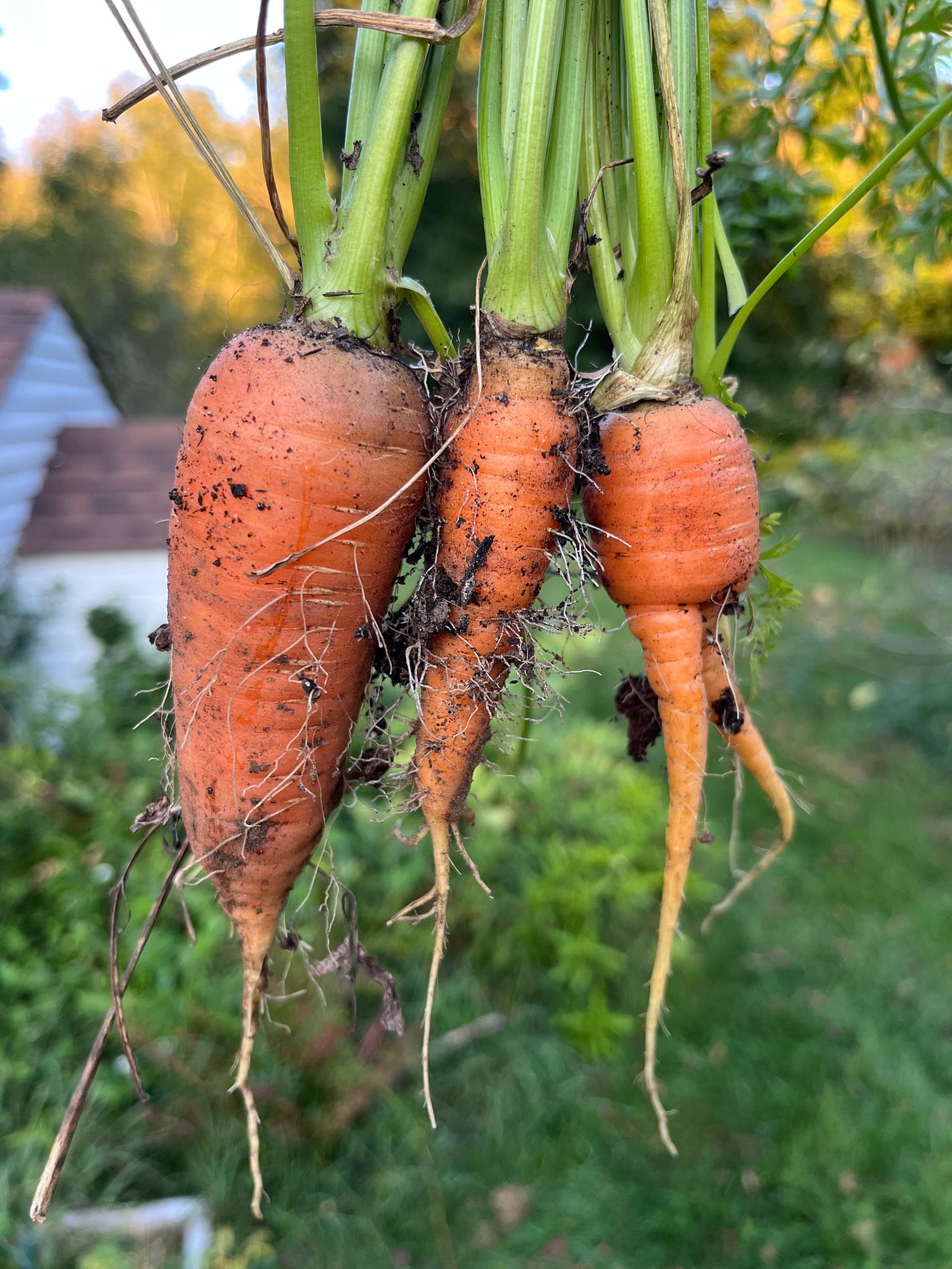Whether you're just starting out or have been homesteading for a while, there are a few core skills that can make your journey smoother, more sustainable, and rewarding.
Each of these skills are general and there are a whole series of smaller skills to develop. For example, learning to grow your own food involves learning to start seeds, understanding pest control, learning to manage your soil, etc. You can see my more detailed list of homesteading skills. It’s helpful to keep a list of things you are confident on, and things you are working on.
So, let’s get right to it—here are the five essential skills every homesteader should focus on.
1. Growing Your Own Food Gardening is at the heart of most homesteads. Whether it’s vegetables, herbs, or fruit trees, knowing how to grow your own food is essential. Start with learning your local growing seasons, soil health, and basic crop rotation. Experiment with companion planting to make the most of your space. Even a small plot can produce a surprising amount of food when managed well.
Learn more about gardening skills.
2. Animal Husbandry Raising animals, whether it's chickens for eggs, goats for milk, or bees for honey, adds another layer of sustainability to your homestead. Start small—chickens are often the gateway animal for many new homesteaders. Learn basic care, feeding, and breeding techniques. The more you understand the needs of your animals, the healthier and more productive your homestead will be.
Learn more about raising backyard animals.
3. Food Preservation Once you’ve got your garden and animals producing, you’ll need to master food preservation. Canning, fermenting, dehydrating, and freezing will help you make the most of your harvests and stock up for winter. It’s a skill that will save you money and ensure you have fresh, homegrown food year-round.
See our resources on the homestead Kitchen.
4. Basic Carpentry & Maintenance You don’t have to be a master carpenter, but having some basic skills will save you a lot of time and money. From building garden beds and chicken coops to repairing fences and structures, knowing your way around a hammer and saw will keep things running smoothly. Plus, you'll avoid relying on costly repairs from outside help.
5. Resource Management On a homestead, nothing goes to waste. Learning how to manage your resources—whether it’s composting kitchen scraps, collecting rainwater, or recycling materials for new projects—is key to a successful, sustainable lifestyle. Be smart about energy usage, soil fertility, and livestock feed to create a closed-loop system that benefits your entire homestead.
See how we develop systems on our homestead.
Join me over at the Modern Homesteading Academy where we’ll dive homesteading. The Modern Homesteading Academy is a series of ebooks and courses - get them all for a limited time for $5/month. This gets you access to ALL existing courses.
Happy Homesteading,
Gretchen




